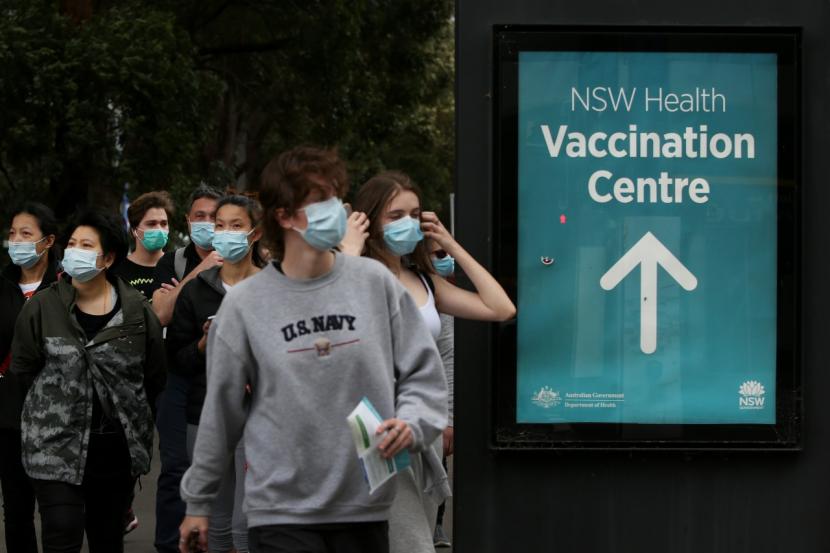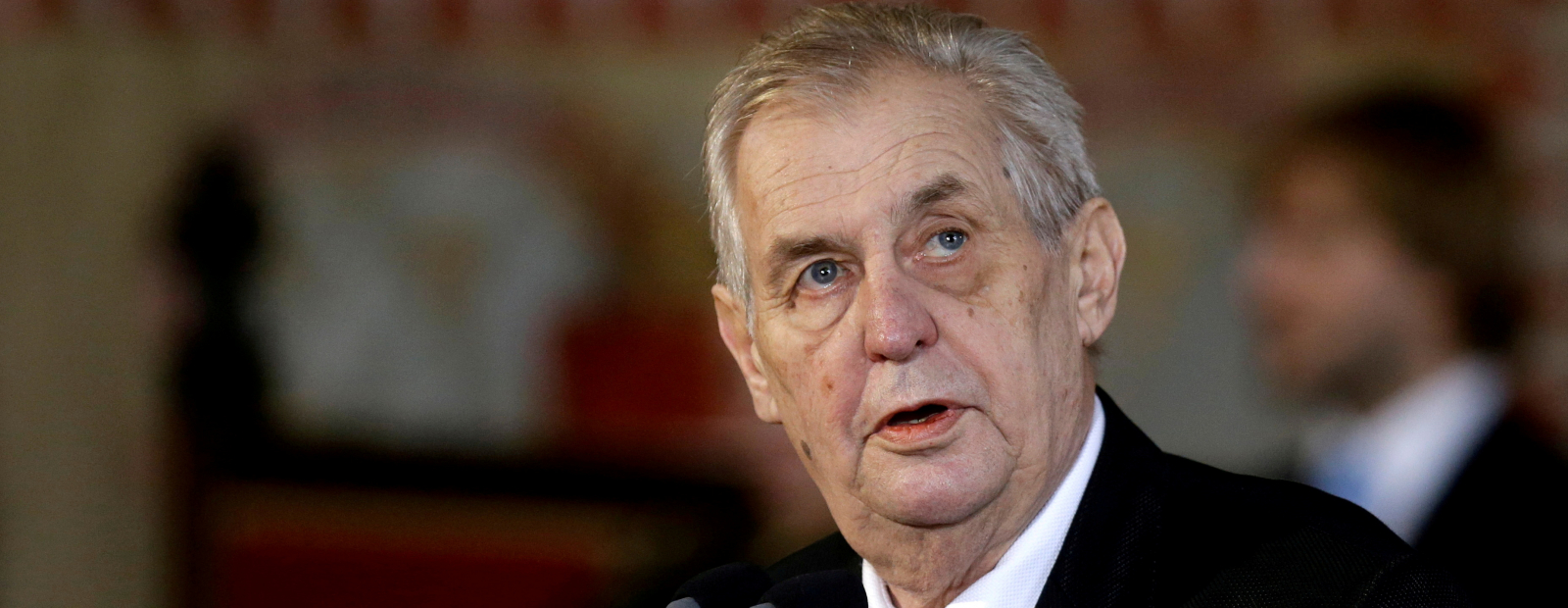The COVID-19 vaccine has worked well in preventing more serious illness from the coronavirus and reducing the number of deaths.
However, some studies show the level of protection against infectious diseases decreases over time.
According to Kylie Quinn, a researcher on vaccine issues at RMIT University in Melbourne, it’s still difficult to say how big the reduction will be.
“We are in the process of transitioning from research that is randomized with small samples to research with definite measurements,” said Dr Quinn.
For the researchers, the difficulty now is to see how much of this is due to decreased immunity, how much is related to the Delta variant, what effect the easing of citizen movement will have, and the vulnerability of those who get the vaccine first.
“But we’re starting to see clearer data, there’s a problem with decreasing the level of protection that exists from vaccines.”
Evidence that the level of vaccine protection will decline
To examine how much protection the COVID-19 vaccine can provide, British researchers recently looked at some 350,000 test results taken from a survey conducted between May and August this year, when the Delta variant began to dominate.
Samples were taken randomly, without regard to symptoms, so that those who did not have symptoms were included in the data taken.
Early research shows that after two weeks of receiving the second dose, the AstraZeneca vaccine has a 67 percent effectiveness rate at preventing transmission, while the Pfizer vaccine has an average 80 percent protection rate.
The effectiveness of these two vaccines decreased over time, especially the Pfizer vaccine which declined more rapidly.
After about 4.5 months, the effectiveness of the two vaccines is at the same point.
The decrease in effectiveness was also reported in Qatar, Israel and the United States, which were the first to run the vaccination program.
Image: Vaccine effectiveness rates are generally higher among younger people than in older age groups. Shutterstock: Marc Bruxelle
–
Another study, published in the Lancet Journal last week, looked at the 3.4 million Americans who received the Pfizer vaccine.
The study found the vaccine’s protection rate dropped from 88 percent to 47 percent within five months and it was time, and not the Delta variant, that was responsible for the decline.
Although the level of protection decreased across age groups at the same rate, other studies have shown that age determines the level of protection and the rate of decline.
In the UK, for example, the effectiveness of the AstraZeneca vaccine two weeks after the second dose was 73 per cent for those aged 34 and under, and only 54 per cent for those aged 35 and over.
But there’s still good news
Despite the decreased level of protection against disease, the COVID-19 vaccine is still very effective in preventing serious illness from the corona virus and death.
A recent British study showed how long vaccines protect against severe disease and mild disease.
It said the level of protection against the disease began to decline around 10 weeks, but the vaccine still provided high protection against death and hospitalization.
Image: Professor Cunningham is an internationally recognized expert on infectious diseases. ABC News: Chris Taylor
–
Research shows that effectiveness decreases more in those aged 65 years and over and those who have an ‘immunocompromised’ condition, in which the body does not have its own immunity.
“And if we don’t include data on those who are vulnerable, there’s no reduction in protection at all against serious illness,” Professor Cunningham said.
Another study published in the New England Journal of Medicine found protection against hospitalization remained at 90 percent for six months for those who were fully vaccinated in Qatar.
Research in the United States also shows about 3.4 million those who are injected with the Pfizer vaccine get 90 percent protection from the possibility of having to be hospitalized for six months, including the elderly.
With regard to the Moderna vaccine, research shows it is even more effective than Pfizer.
“If we look at all the data about the likelihood of someone having to be hospitalized, all the research shows the COVID-19 vaccine provides long-lasting protection,” said David Tscharke, professor of infectious disease and immunology at the Australian National University, Canberra.
“Protection against the possibility of having to be hospitalized is a good thing.”
COVID-19 vaccine remains effective
Image: Australia’s vaccination rate is now higher than a few months ago, which has led to lockdowns in several states. Getty Images: Jenny Evans
–
On the question of whether there will be a need for a third dose of booster vaccine in the future, most experts say the most pressing issue right now is getting the first dose of vaccination to as many people as possible.
In Australia, there is only one thing we need to do to protect everyone and that is to get everyone vaccinated.”
According to the Centers for Infectious Disease Control in the United States, those who are not vaccinated are still the biggest source of COVID-19 transmission.
Research also shows that while fully vaccinated people can still get COVID-19, they are less likely to infect others.
“A lot of people are focusing on reducing the effectiveness of the vaccine,” Professor Tscharke said.
“What we really need to talk about is how effective the current vaccine is.
“The only safeguard to prevent the health care system from collapsing is to vaccinate as many people as possible so that only a few people end up having to be hospitalized.
This article was produced by Sastra Wijaya from ABC News
–
Disclaimer:
This news is a collaboration between Republika.co.id and ABC News (Australian Broadcasting Corporation). Matters related to writing, photos, graphics, videos, and the entire content of the news are the responsibility of ABC News (Australian Broadcasting Corporation).
.


